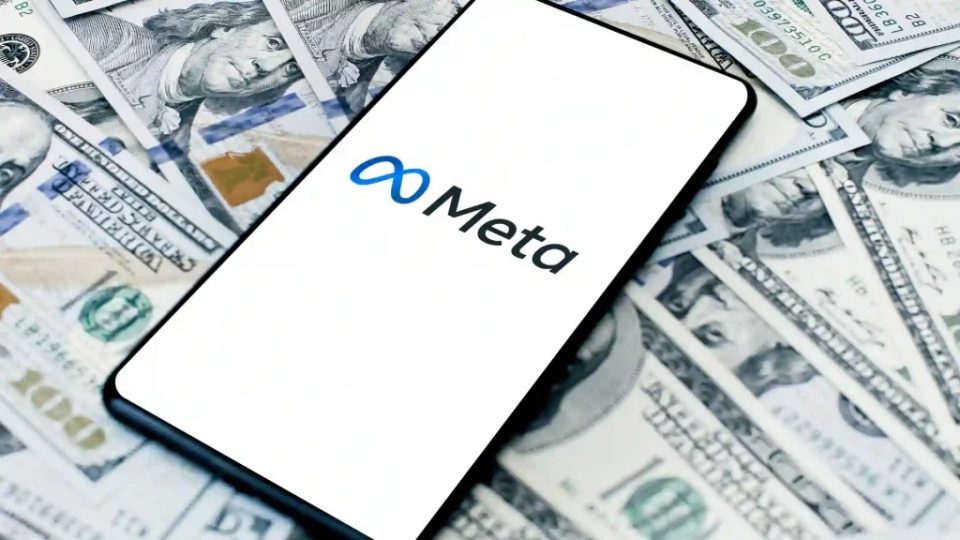The parent company of Facebook, Meta, is under scrutiny by the European Union (EU) for allegedly violating the EU’s new digital regulations with its ‘pay or consent’ system. Meta’s situation is similar to a previous case involving Apple.
Back in March, the Digital Markets Act (DMA) required major tech companies like Meta and Apple to adhere to new regulations. These regulations were put in place by the EU to provide consumers with more options and create opportunities for European startups.
At present, users of Facebook and Instagram have the choice to either use the platforms for free with their data being collected or pay to avoid data sharing. Regulators are concerned that this model may be misleading to consumers and may coerce them into agreeing to data tracking due to the financial barrier, as per the Financial Times (FT) Report.
According to the DMA, tech companies are obligated to obtain user consent when merging or cross-utilising personal data across various core platform services. Meta’s current system may result in users feeling obligated to consent to data collection without any comparable alternative.
If Meta is found in violation of the DMA, it may face substantial penalties of up to 10% of its global turnover and up to 20% for repeated violations.
The Digital Markets Act (DMA) lays down specific standards for identifying large online platforms as ‘gatekeepers’ and ensuring their fair online conduct to enhance competition. This legislation is a crucial aspect of the European digital strategy.
The DMA aims to benefit businesses by establishing a more equitable environment, providing innovators and startups with increased opportunities to compete, and affording consumers better services, greater choices, and fairer prices. While gatekeepers are still able to innovate and introduce new services, they are required to refrain from unfair practices that disadvantage dependent businesses and customers.
‘Gatekeepers’ refer to major digital platforms that offer services such as online search engines, app stores, and messaging services. Such companies wield substantial economic influence and operate across multiple EU countries, maintaining a strong and enduring position in the market.
 Live
Live

